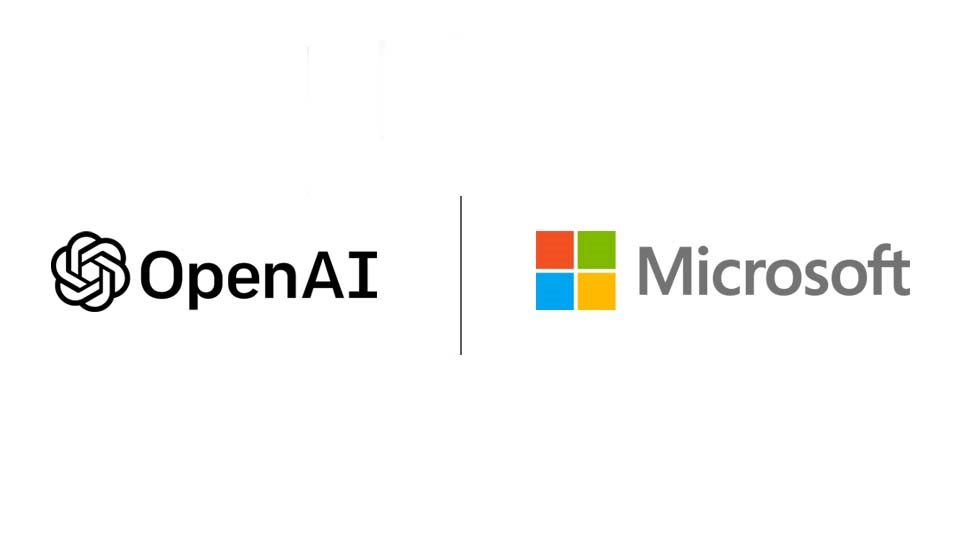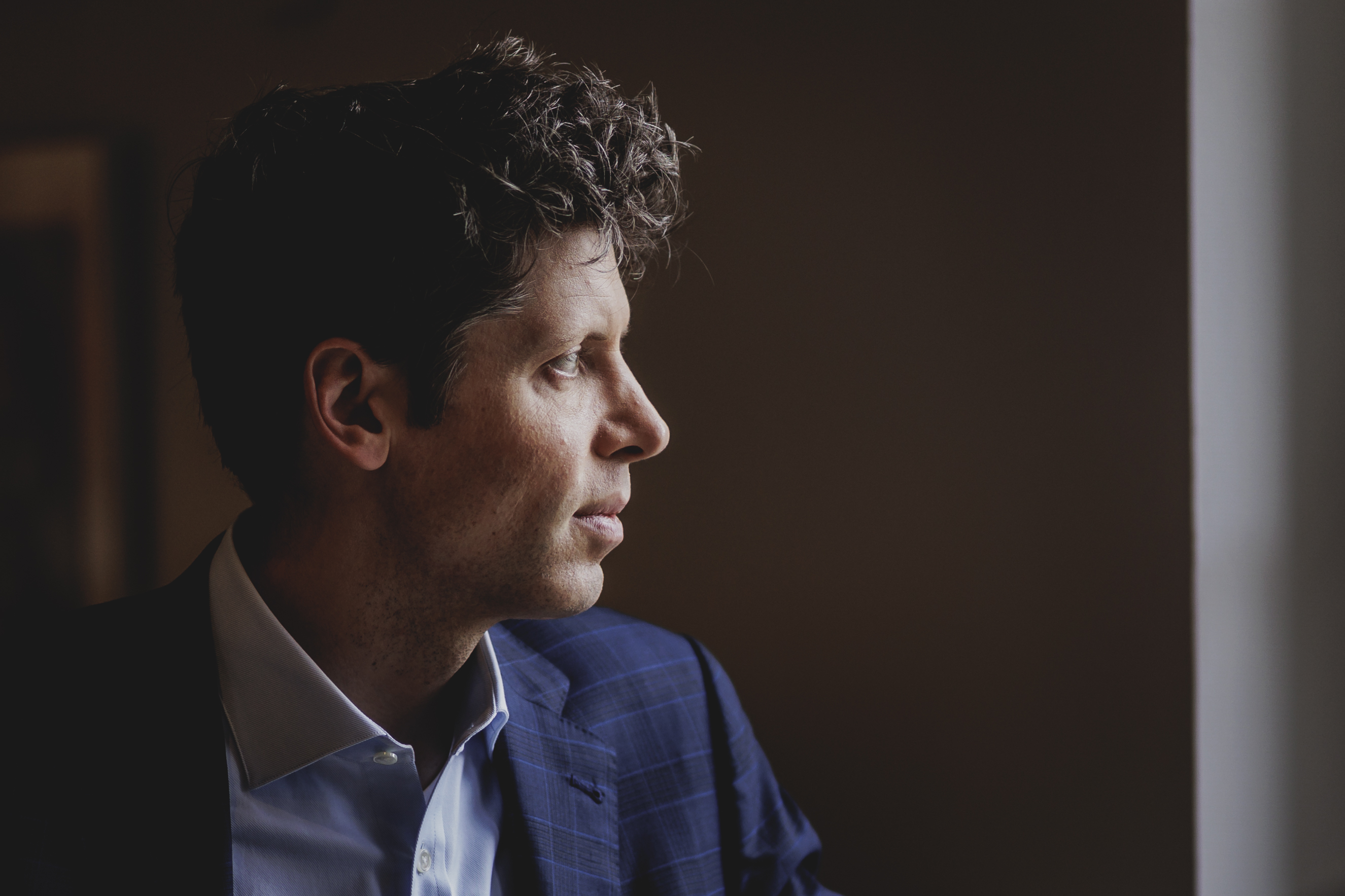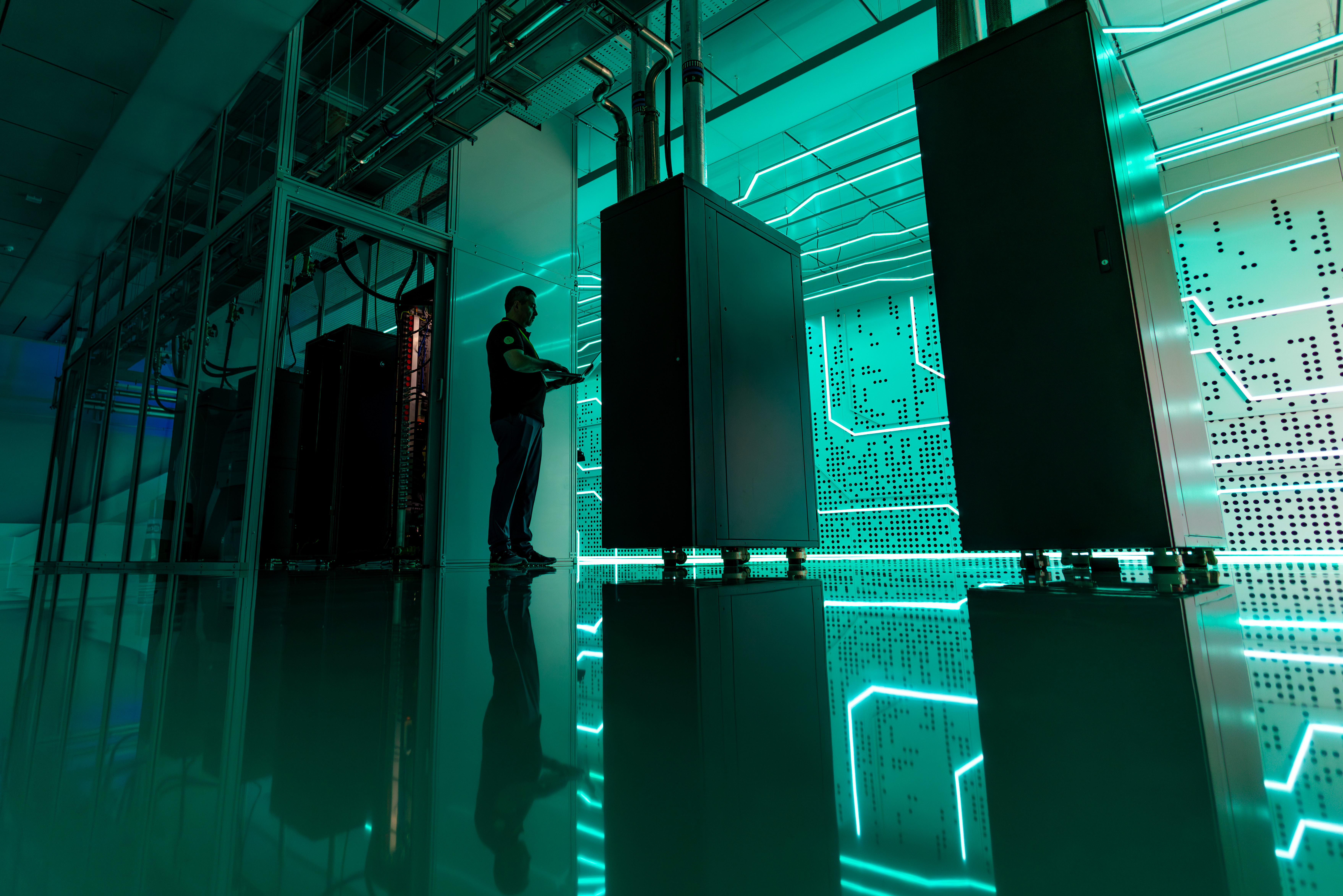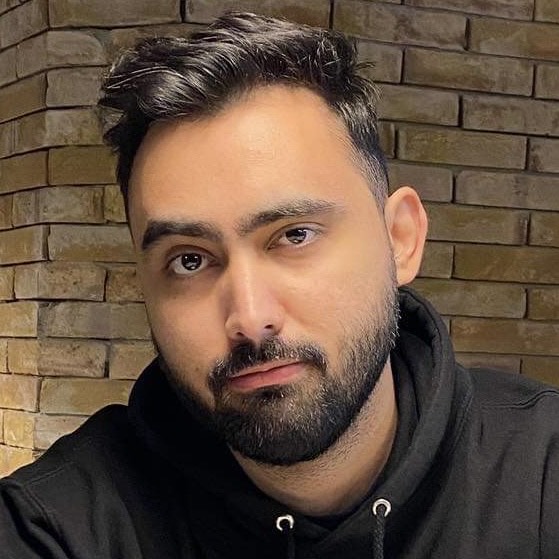OpenAI and Microsoft sign agreement to restructure OpenAI into a public benefit corporation with Microsoft retaining 27% stake — non-profit 'Open AI Foundation' to oversee 'Open AI PBC'
Microsoft's 27% stake is worth $135 billion right now.

OpenAI has been at the forefront of the rapidly expanding artificial intelligence industry for years, with ChatGPT largely responsible for ushering in this new era of technology. Microsoft was an early believer in the company, investing $1 billion back in 2019 in exchange for becoming OpenAI’s exclusive cloud partner and gaining the right to commercialize its models through Azure. Today, that agreement is changing — marking what could be a seismic shift in the AI landscape.
OpenAI and Microsoft have reached a deal to restructure OpenAI from the inside, transforming its for-profit arm into a new public benefit corporation called OpenAI Group PBC. The new company will still be overseen by OpenAI’s original nonprofit parent (renamed the OpenAI Foundation) with the goal of simplifying governance, streamlining equity, and catalyzing AGI progress. OpenAI will now be able to move with far more agility, retaining freedom, while still protecting its mission statement.
For those unaware, OpenAI was founded in 2015 as a nonprofit dedicated to developing AI for the benefit of humanity. But the founders soon realized that the resources (and compute) required to scale up was far beyond what a nonprofit model could sustain. To attract outside investment, OpenAI created a capped-profit subsidiary in 2019 called OpenAI LP, which allowed stakeholders to earn a capped return on their investment until a certain degree — after which profits reverted to the nonprofit’s original mission.

This hybrid model, as you can expect, was too complicated since the nonprofit controlled the for-profit, yet depended on it for funding. Over time, Microsoft’s 2019 deal, which made it OpenAI’s exclusive cloud and commercialization partner, became too restrictive for the company’s long-term ambitions. That’s why a new understanding was needed, which has finally been reached.
In their joint statement, both companies confirmed that Microsoft supports the restructuring and outlined how their partnership will evolve and how it stands right now. Microsoft will retain its stake in the new for-profit OpenAI PBC, valued at around $135 billion — translating to roughly a 27% share. That means the Redmont giant has earned a nearly 10x return on the $13.8 billion it has invested to date.
Azure will remain OpenAI’s primary cloud platform, with OpenAI committing to spend $250 billion purchasing Azure services. However, Microsoft will no longer hold the exclusive first right of refusal on future compute deals, meaning OpenAI can now pursue partnerships with other providers. OpenAI PBC itself now has a valuation of $500 billion, and it's free to bring in more investors to raise capital, like the $300 billion it needs to turn up for Oracle's compute.

Perhaps the most interesting element of the deal involves AGI, or Artificial General Intelligence, which is the theoretical point where machines can match or exceed human-level intelligence. Under the new terms, Microsoft will continue to have exclusive access to OpenAI’s models and products through 2032, unless AGI is formally declared before then.
Get Tom's Hardware's best news and in-depth reviews, straight to your inbox.
An independent panel of experts will verify if AGI has actually been achieved, at which point the deal will be revisited. Microsoft’s research IP rights also extend until 2030 or until AGI is verified, whichever comes first, meaning any internal or confidential methods OpenAI uses to develop its products (R&D) can be accessed by Microsoft only within that timeframe. In the meantime, Microsoft is open to pursuing AGI itself through other partners.
OpenAI’s recapitalization has been in the works for months, amid speculation that the company could eventually go public, but it has never been a priority for the board, according to Investing.com. Just last month, we did a deep dive exploring the intricacies of Microsoft and OpenAI's partnership when they first announced a MoU had been reached — now, with a fresh OpenAI PBC in the play, we can only wait to see how quickly the company moves forward.

Follow Tom's Hardware on Google News, or add us as a preferred source, to get our latest news, analysis, & reviews in your feeds.

Hassam Nasir is a die-hard hardware enthusiast with years of experience as a tech editor and writer, focusing on detailed CPU comparisons and general hardware news. When he’s not working, you’ll find him bending tubes for his ever-evolving custom water-loop gaming rig or benchmarking the latest CPUs and GPUs just for fun.